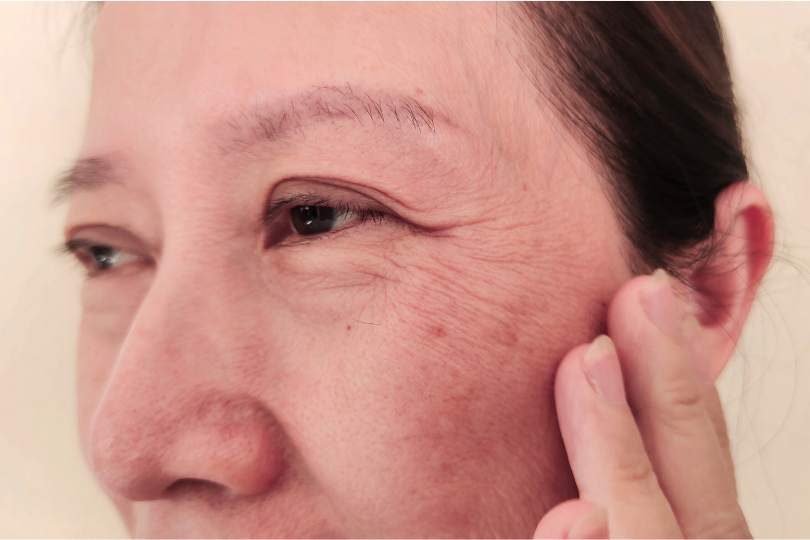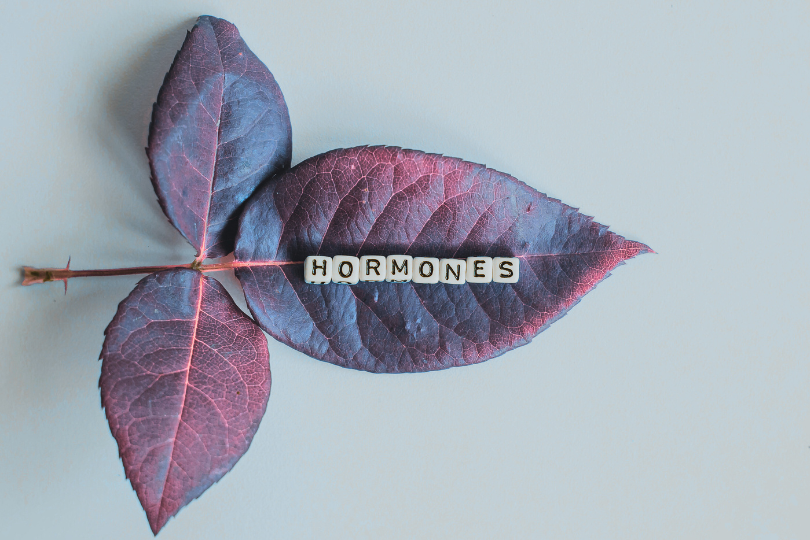Embarking on the journey of egg freezing is a decision to keep our family-building options on the table. The ultimate question on our minds is, "What are the chances of successfully having a baby?" The biggest factors to consider are the age that we froze our eggs and the number of eggs frozen, which will determine the successful journey from an egg to a baby.
The path from frozen egg to a baby involves several steps, including thawing of the frozen egg, fertilisation, embryo development, and implantation. Statistically, about 90% of eggs survive thawing, with 50-70% likely to fertilise. Approximately half of the fertilised eggs may develop into viable embryos, and then about half of these could lead to a pregnancy.
These statistics are averaged across ages, but in reality, the drop off between each stage (from thawing, fertilisation, embryo development to implantation) is a lot steeper as a woman grows older. This is because as women age, a larger percentage of their eggs become chromosomally abnormal. Chromosomally abnormal eggs cannot develop properly, resulting in unsuccessful fertilisation, miscarriages or genetic conditions like Down Syndrome.
Due to the declining pool of high quality eggs as a woman ages, clinical studies have found that women in their early 30s should freeze at least 10-15 eggs for a 70-80% chance of having a baby. At age 39, a woman is recommended to freeze 25-30 eggs to have similar odds. (See the model below. Note that while these are what the statistics say, every individual is unique and chances of live birth can look very different from one person to another.)

The good news here is that, once frozen, your eggs no longer age - they are preserved at the age at which you froze your eggs! Also, clinical studies have shown that the age that you choose to use the frozen eggs to get pregnant does not matter - all that matters is the age at which you froze your eggs.
How much of a guarantee egg freezing is hence boils down to the number of eggs you’ve got frozen versus the age you were when you froze your eggs. The older you are, the more eggs you should freeze. Paradoxically, it also gets harder to freeze as many eggs each cycle, as the number of eggs you can freeze is typically correlated with your total egg reserves, which decline with age. Therefore, the older you are when freezing eggs, the more cycles you might need to go through to enhance the odds of a successful pregnancy.
To have a more accurate gauge on the number of eggs you can freeze in one cycle, you can opt for a fertility check to assess your remaining egg reserves. At Taylor, we offer flexible tests and doctor reviews designed to fit your busy schedule – drop us a note and we’ll help you along.
In addition to age and number of eggs you freeze, a few factors you can influence are:
At Taylor, we understand your anxiety in preserving your fertility options and place great importance on choosing the right clinic, lab and doctor. As a clinic-neutral platform, we work with you to find an IVF clinic that is most matched to your body and budget, lending you our expertise in the industry to help you make informed decisions.
Egg freezing isn't a foolproof guarantee, but it can tilt the odds in your favour. A woman stands the best chance if she freezes a good number of eggs at a younger age, utilising the right clinic and lab. Ultimately, egg freezing is a tool in modern medicine that we can tap on to give ourselves more options for the future, be it to realise our family-building plans or to have the space to change our minds.
If you’re curious about egg freezing, speak to our fertility care team who can answer your questions and help you create a plan that works for you.
Interested in exploring egg freezing? Get started here with Taylor - your dedicated egg freezing partner. We find you the best clinic for your fertility condition and budget, handle all appointments and logistics, provide convenient fertility checks - all you have to do is turn up.



If your routine suddenly feels out of step, it’s not your products, it’s your hormones. As estrogen begins to fall, the signals that keep skin strong and hydrated weaken. Dryness, breakouts, pigmentation, and slower healing start to appear, even with the same products you’ve always used. The good news: you can adapt. With smart everyday care (SPF, hydration, retinoids, vitamin C), lifestyle support (nutrition, sleep, stress), and medical options when needed (prescription treatments or hormone therapy), your skin can stay strong and healthy well into your 40s, 50s, and beyond.

No one talks about it, but perimenopause can hit in your 30s or 40s, and it’s not just about your period. Think brain fog, poor sleep, low libido. Here’s what to look out for and what you can do.

Many sexually transmitted infections can lie dormant for months or even years without symptoms. Understanding the facts — and getting tested together — can help you move forward with clarity and care.